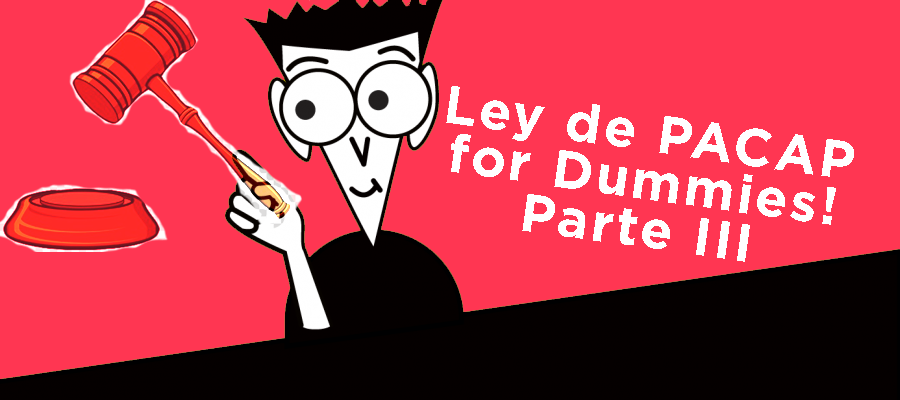Understanding the PACAP law. Part III: Judiciary in Spain
Let's explore the third power of the State to understand the structure well and then fully delve into the Law 39/2015.
This section will be briefer than the previous ones as we only need to understand it superficially. If we were to delve deeply into it, we would need to dedicate dozens of publications to the subject.
The judicial power is formed by the set of courts and tribunals integrated by judges and magistrates. Its function is to ensure that the laws are complied with. This is the jurisdictional authority, judging and executing what is judged. Justice emanates from the people and is administered in the name of the king of Spain.
The judicial power operates under the following jurisdictional processes:
Civil Law: Lawsuits: personal or patrimonial relationships, voluntary or compulsory, between private or public individuals, both physical and legal, of a private and public nature.
Criminal Law: Investigates and judges in relation to the penal code (legal body regulating crimes, misdemeanors, sanctions, and penalties), with punitive capacity, that is, the ability to punish those responsible for actions.
Administrative Litigation Law: Regulates public administration, administrative function, and the relationship between individuals; likewise, it includes the set of real cases that regulate the organization, functioning, powers, and duties of the public administration in its relations with other subjects.
Social Law: Those rights that facilitate citizens or inhabitants of a country to develop in autonomy, equality, and freedom, as well as those rights that allow them access to economic conditions and necessary goods for a dignified life.
Military Law: Set of provisions regulating the organization, functions, and maintenance of the Armed Forces.
Organization of the judicial power:
Supreme Court: Highest jurisdictional body in all orders, except as provided for in constitutional guarantees. It is unique, no other Court can have the title of Supreme, and its jurisdiction extends to the entire Spanish territory.
National Court: It is a judicial body that hears and decides cases of special criminal, political, or social significance; it is composed of the Chambers of Appeal, of Criminal Matters, of Administrative Litigation, and of Social Matters.
High Courts of Justice: The autonomous communities have executive and legislative bodies of their own, independent of those of the State, which are elected by their citizens to exercise the powers of the community.
Provincial Courts: The Provincial Courts are the highest judicial body in each province and have jurisdiction over civil and criminal matters.
Courts of First Instance and Instruction: These are single-person jurisdictional bodies that have jurisdiction in civil and criminal matters.
Civil Registry: The courts of first instance are responsible for the Civil Registry in their area and, by delegation from them, of the peace courts, in accordance with what is established by law. In towns where there are several courts of first instance, one of them will exclusively perform Civil Registry functions.
Others: Commercial Courts, Criminal Courts, Courts for Violence against Women, Administrative Litigation Courts, Social Courts, Penitentiary
Oversight Courts, and Juvenile Courts.
Non-professional and customary jurisdictional bodies:
Jury Court: It is formed for each process with citizens of legal age in full exercise of their civil rights and decides on matters of fact in criminal cases for offenses against persons, offenses committed by public officials in the exercise of their functions, offenses against honor, offenses against freedom and security, arson offenses, and others specified by law.
Justice of the Peace Courts: They exist in smaller populations where there is no court of first instance and instruction and are served by lay judges, appointed by the Governing Chamber of the respective High Court of Justice of the Autonomous Community at the proposal of the City Council of the locality, for a period of four years; they hear and decide on civil cases of lesser amount and criminal cases for minor offenses. They also perform civil registry functions.
With all this information, it is more than enough to educate ourselves on how public administrations work and to fully understand what Law 39/2015 is.




